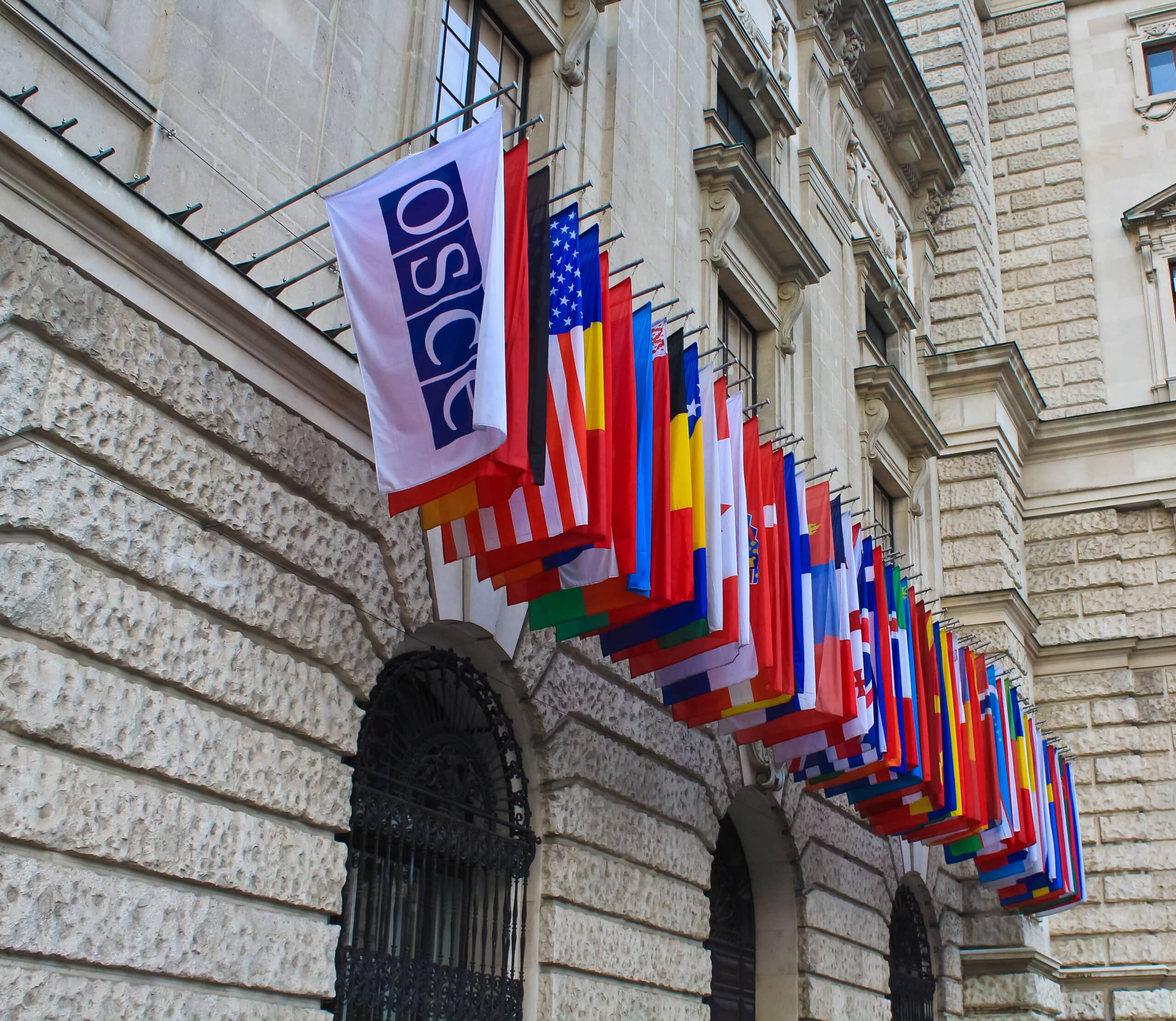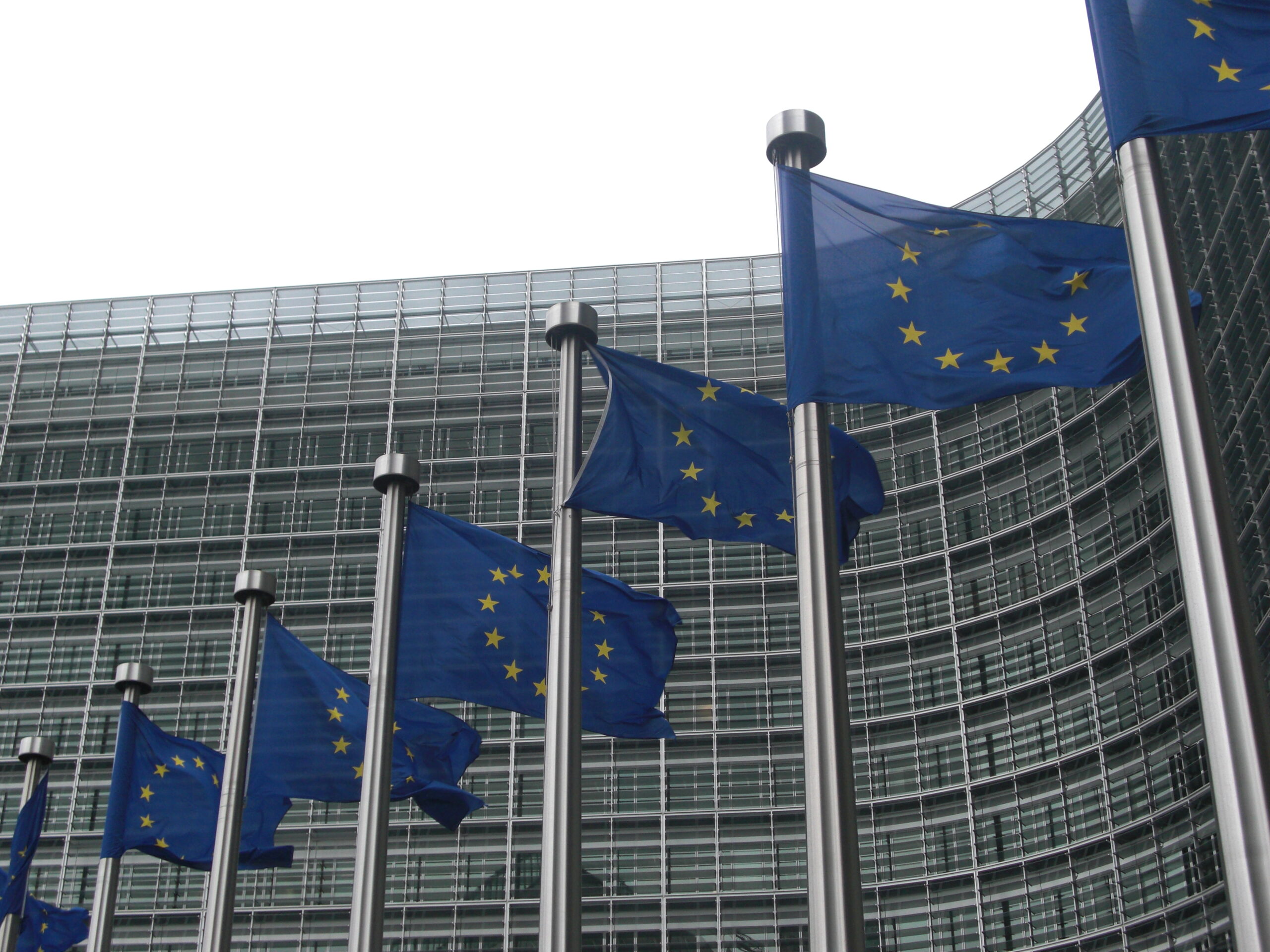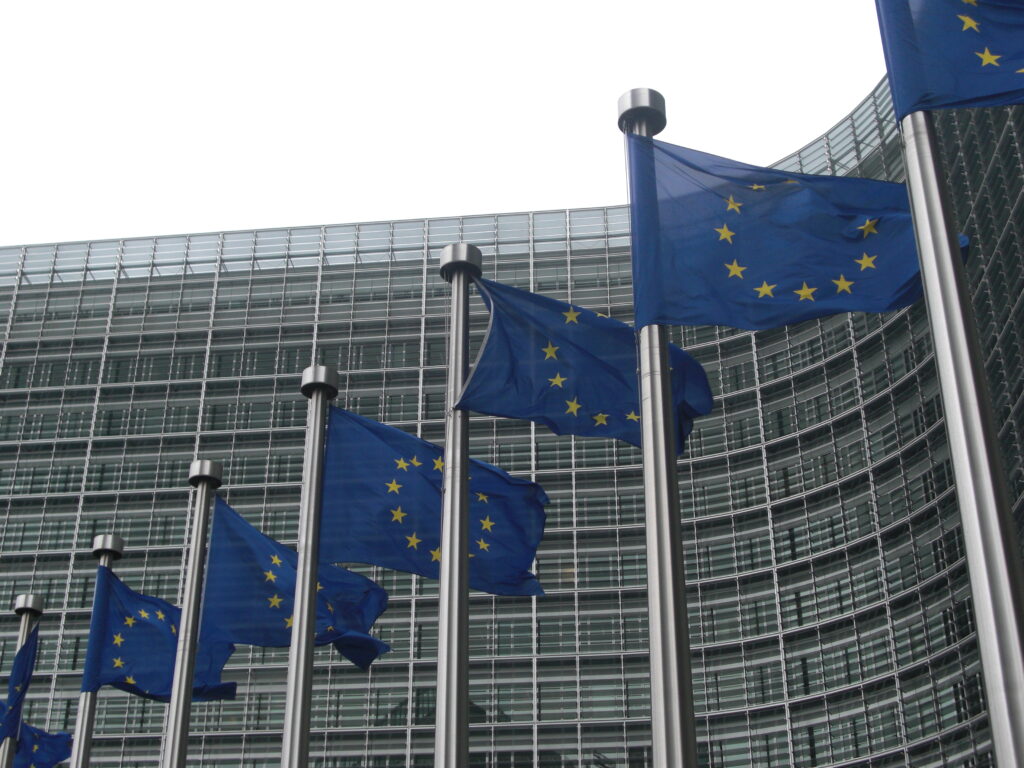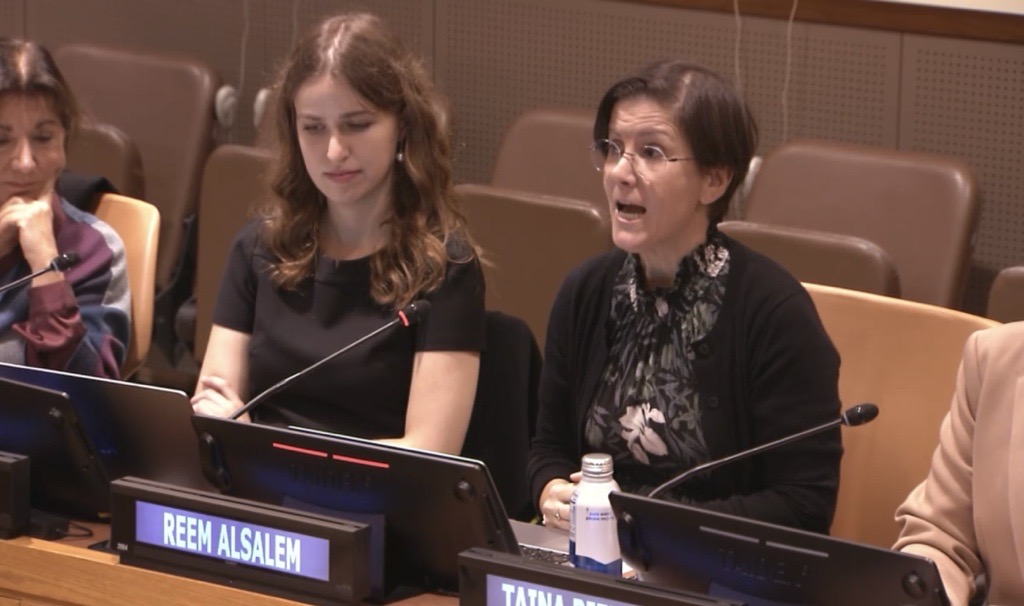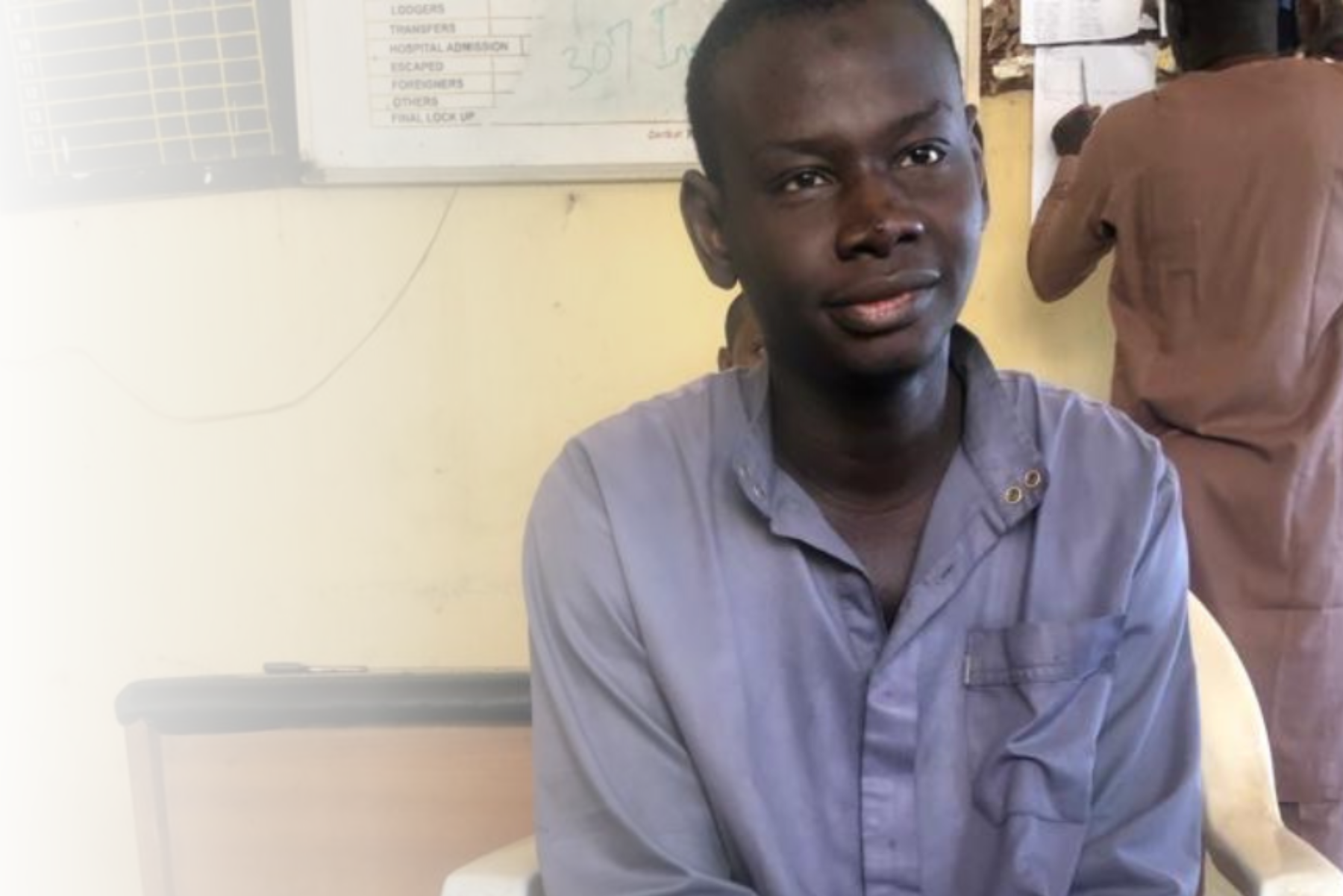- Scottish Green Party’s Patrick Harvie proposes a censored “buffer zone” around facilities where assisted suicides might take place, preventing family members or concerned individuals from changing a person’s mind
- Move echoes abortion “buffer zones” law enacted in Scotland last year, under which a grandmother was arrested for offering a conversation

EDINBURGH (29 October 2025) – A Scottish parliamentarian and member of the Health Committee, Patrick Harvie MSP, has proposed an amendment to Scotland’s controversial “assisted suicide” bill that would criminalise discussion of suicide prevention within a large, undefined public area surrounding any building where an assisted suicide might take place.
The vague proposal would forbid any attempts to “influence” a person’s decision to undergo an assisted suicide, such as through conversation with a family member or the display of a suicide prevention poster.
"It's unthinkable that Scots should be banned on certain streets from offering hope and encouraging someone to choose life, not suicide."
- Lois McLatchie Miller, ADF International
Almost half of those who opted for assisted suicides in Oregon cited concerns about being a perceived “burden on family, friends or caregivers” as a driver for their decision to end their lives, according to public health data released in 2023.
Concerns for Free Speech
The move echoes the “buffer zones” law put in place in Scotland last year, which criminalises any attempts to “influence” a person’s decision to access abortion services within 200m of every hospital.
In August, 75-year-old grandmother Rose Docherty became the first person to be arrested under the abortion “buffer zones” law after she peacefully offered consensual conversation, holding a sign reading “Coercion is a crime, here to talk, only if you want”. The U.S. State Department condemned the arrest as “another egregious example of the tyrannical suppression of free speech happening across Europe.” ADF International is supporting her legal defence as she faces trial in December.
At the Munich Security Conference in February, U.S. Vice President J.D. Vance criticised the Scottish buffer zones law, summarising that “free speech, I fear, is in retreat”.
Reacting to Harvie’s proposal, Lois McLatchie Miller from ADF International said:
“It’s unthinkable that Scots should be banned on certain streets from offering hope and encouraging someone to choose life, not suicide.
How will this impact a doctor’s choice to have a suicide-prevention charity’s poster in their window? How will this impact important conversations between loved ones, eager to convince an elderly wife or a parent that they are not a burden, but a valuable member of the family?
“Once the principle of a censorial ‘buffer zone’ is approved for one issue, it can easily multiply to more and more issues. We’ve already seen loosely worded abortion ‘buffer zone’ rules be used to arrest a grandmother simply for offering to chat. Now the government seeks to apply the same vague, broad rules to ban speech about assisted suicide. What could be next? Banning parents from “influencing” their child outside a gender clinic? Banning dissenting speech about foreign regimes around certain embassies? Censorship is always a slippery slope.”
Images for free use in print or online in relation to this story only
PICTURED: Rose Docherty, Lois McLatchie Miller





